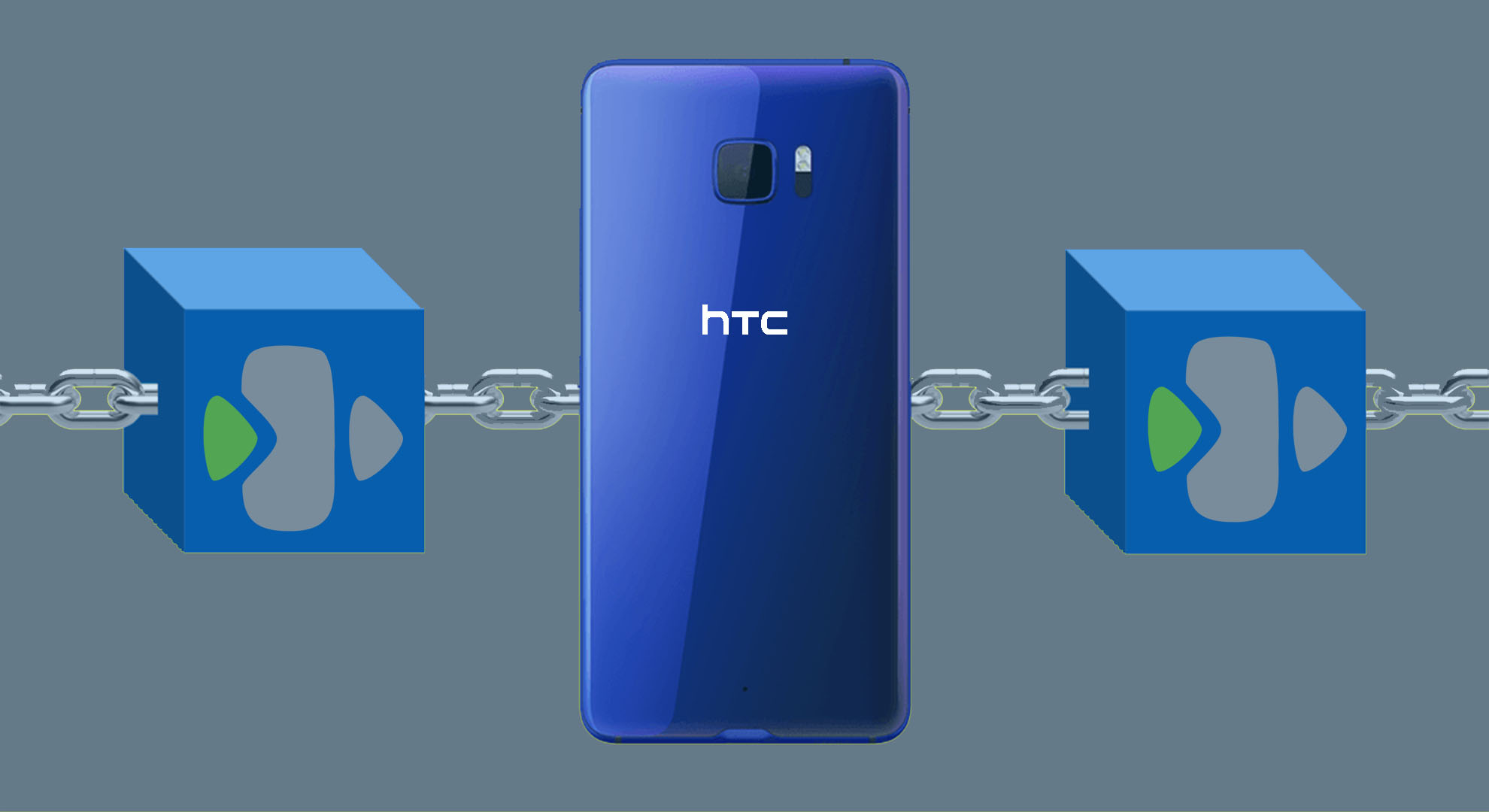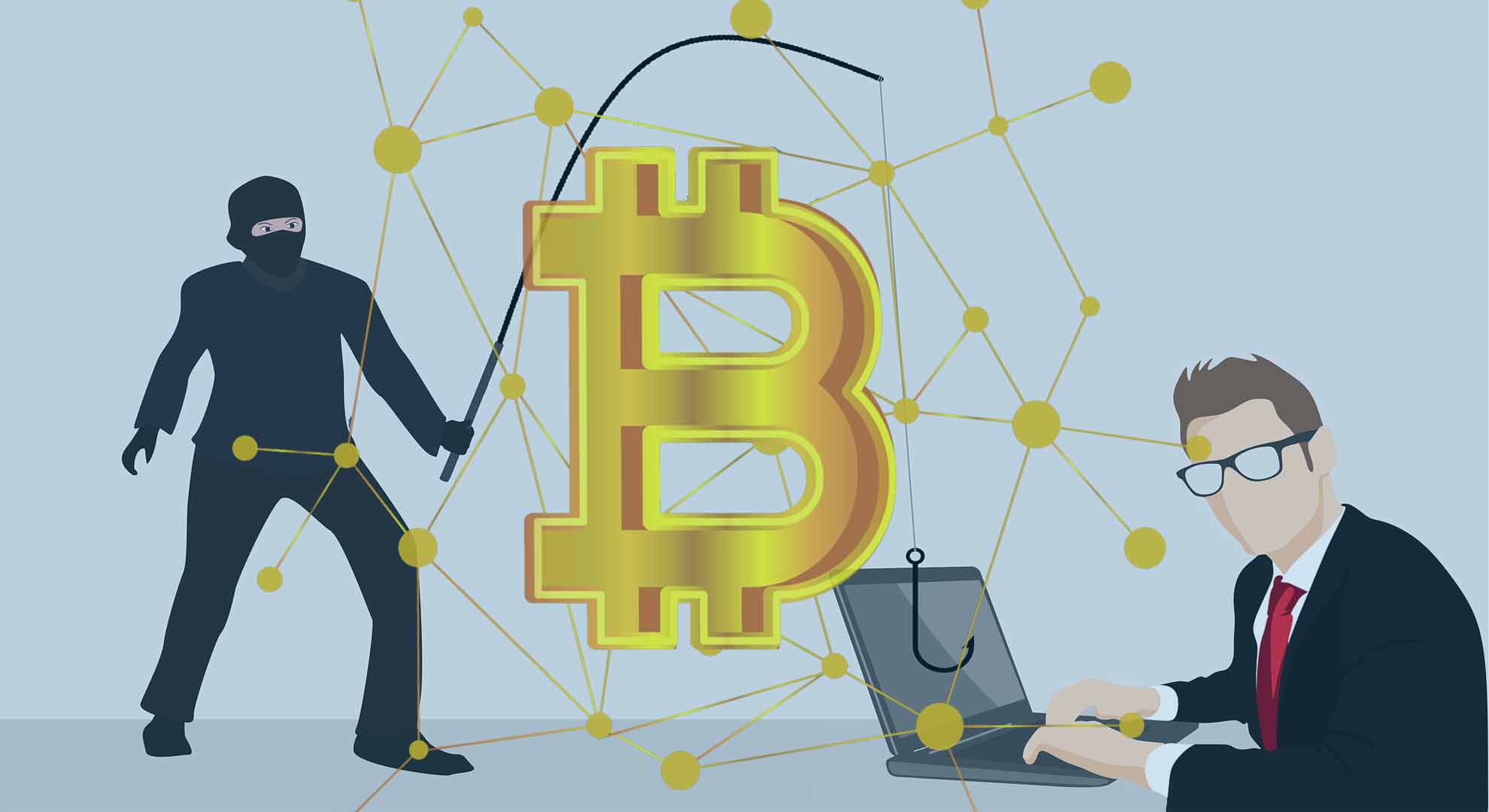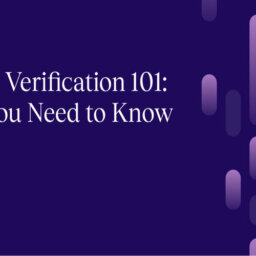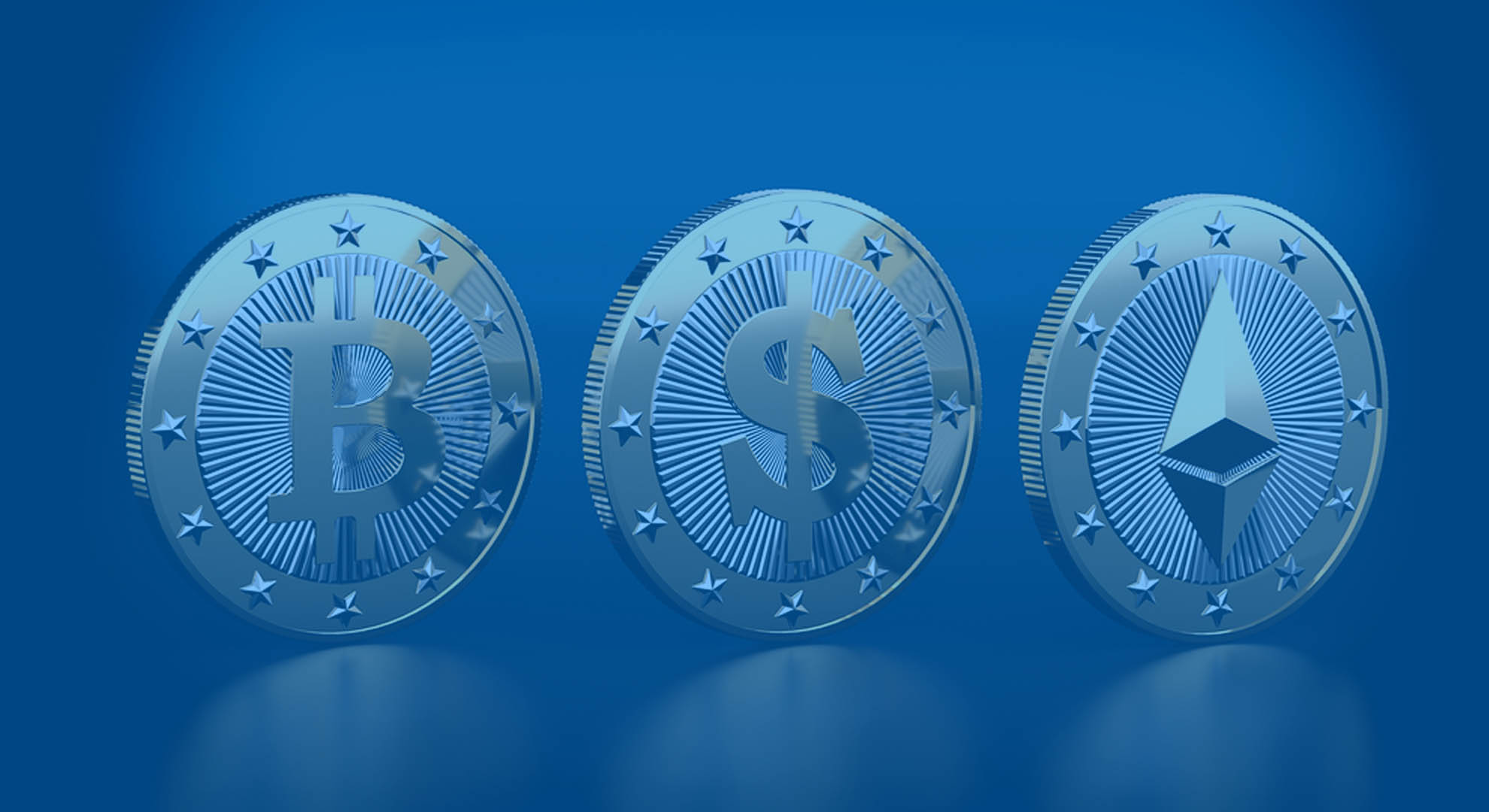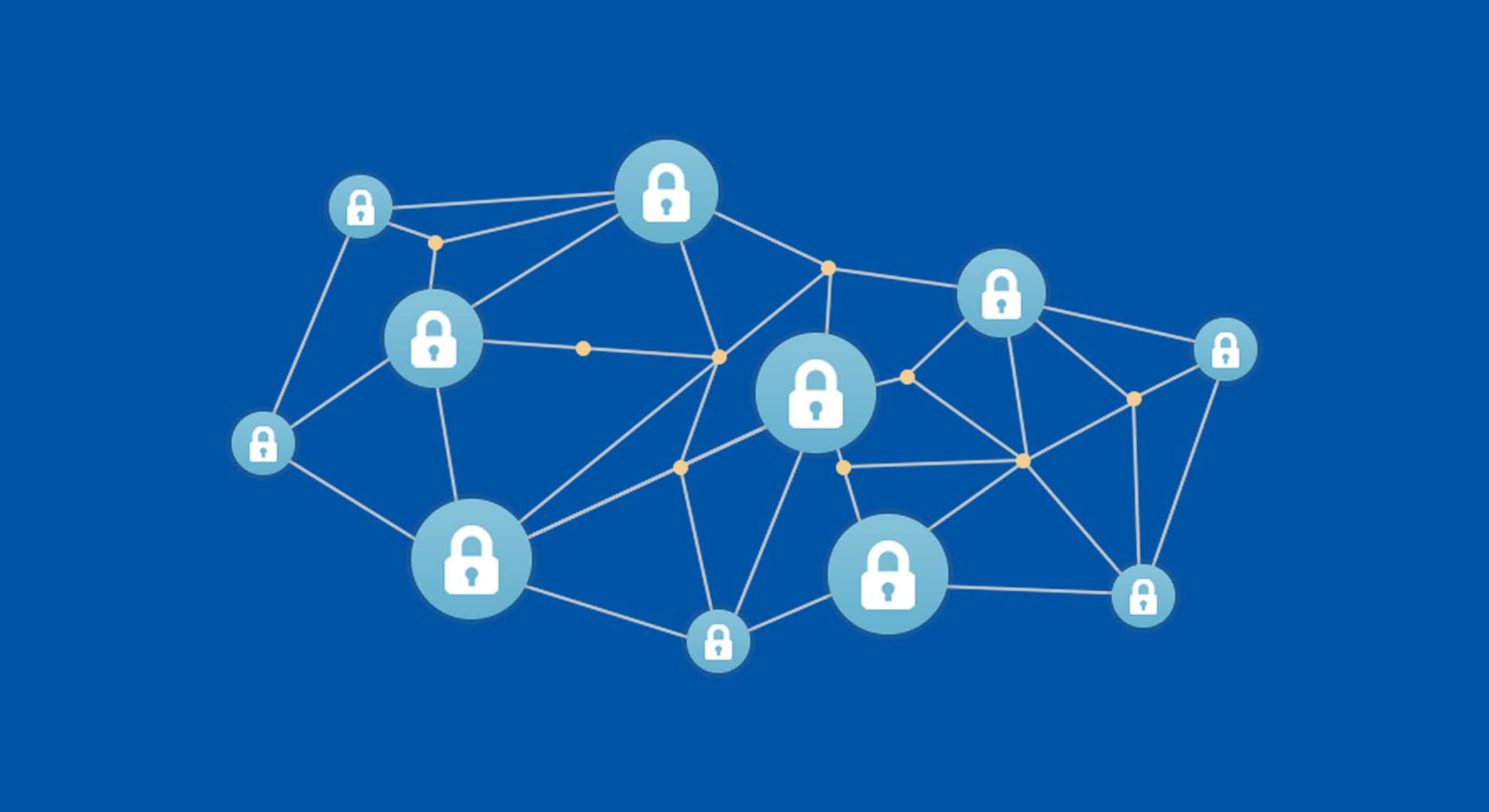Everybody is talking about cryptocurrency these days. Bitcoin’s unprecedented boom has surprised people and investors across the globe. Now, crypto-enthusiasts are placing bets on how blockchain’s rapid adoption will revolutionize the way organizations conduct transactions and process payments.
Blockchain technology isn’t just a more efficient way to settle securities; instead, it’ll fundamentally change the market structures, and even the architecture of the internet as well. Abigail Johnson
What is blockchain?
By allowing digital information to be distributed but not copied, blockchain technology created the backbone of a new type of (peer to peer) highly secure, distributed internet. Originally devised for the digital currency, Bitcoin, the tech community is now finding other potential uses for the technology.
Blockchain technology is like the internet in that it has a built-in robustness. By storing blocks of information that are identical across its network, the blockchain cannot:
- Be controlled by any single entity.
- Has no single point of failure.
The basic principle of an open-distributed ledger.
What is a distributed ledger?
A distributed ledger is a type of database that is shared, replicated, and synchronized among the members of a network. The distributed ledger records the transactions, such as the exchange of assets or data, among the participants in the network.
Participants in the network govern and agree by consensus on the updates to the records in the ledger. No central, third-party mediator, such as a financial institution or clearinghouse, is involved.
Every record in the distributed ledger has a timestamp and unique cryptographic signature, thus making the ledger an auditable history of all transactions in the network.
What is cryptocurrency?
The most significant implementation of blockchain is a cryptocurrency, which has revolutionized the financial market. Cryptocurrency is defined as a form of digital money that is designed to be secure and, in many cases, anonymous.
Unlike centralized banking, like the Federal Reserve System, where governments control the value of a currency like USD through the process of printing fiat money, the government has no control over cryptocurrencies as they are fully decentralized.
While hundreds of different cryptocurrency specifications exist, most are derived from one of two protocols; Proof-of-work or Proof-of-stake. All cryptocurrencies are maintained by a community of cryptocurrency miners who are members of the general public that have set up their computers or ASIC machines to participate in the validation and processing of transactions.
Reasons behind boom in cryptocurrency
This frenzy and unprecedented appreciation of the currency has led many analysts to call it speculative and a bubble about to burst. The people who call bitcoin a scam or bubble, compare it to what Dutch speculators did to tulip bulbs in the 17th century and to the dot-com bubble of the early 90s.
Here are some of the reasons that are leading people to invest in crypto-coins and lead the prices to skyrocket.
- The fact you don’t have trust any third party for your financial assets.
- Most cryptocurrencies are designed to decrease in production over time like Bitcoin, which creates a market cap on them. That’s different from fiat currencies where financial institutions can always create more, hence inflation. Bitcoin will never have more than 21 million coins in circulation. The technical system on which all cryptocurrencies are based on was created by Satoshi Nakamoto.
- The transactions are purely anonymous and not traceable.
How to become blockchain developer?
It is generally perceived that you require some special skills to become a Blockchain Developer, which is not true. It’s just that in order to become a blockchain developer, you require a different set of tools and skills with a serious attitude as there’s actual money at stake in the system.
Same goes for Blockchain, you should have basic coding skills ( Java, Node.js, Python.), but a lot depends upon the technology stack you are using. In addition, you should have a knack for learning new frameworks.
To understand the implementation of Blockchain you should know basic Data Structures along with some basics of cryptography — and more importantly, distributed storage and shared ledger concepts.
But to begin with, you have to grasp the basic concept of blockchain, i.e
- Blockchain (distributed storage, open/share ledger, consensus, blocks, hashes/cryptography )
- Decentralized databases applications consensus
- Smart contracts
- Proof of work/stake.
- Trusted advanced computing
Then there are Network specific skills and languages for advanced users, i.e
- For Ethereum Network development Learn Solidityjs. (EVM concept understanding)
- For development in Blockstack, Blockstackjs. (Understanding Domains id and user data storage gaia).
- For development in Qtum, Qtumjs (Also need to understand EVM / UTXO model and Qtum conses layer).
- For development in Hyperledger Fiber, Composer playground, (Understanding build private, permission, hosted blockchains ).
Having discussed the basic technologies and skills that require you to become a blockchain developer, let’s discuss some of the most important blockchain platforms and what makes them so unique with respect to each other.
1. Ethereum
Ethereum is the most used blockchain technology mostly because it is open source, stable and has ever going large community base which helps the new developers. And other significant factor is tools and development frameworks availability like truffle and embark framework.
2. Truffle
Truffle is my personal favorite and will write a tutorial on it later one. It is a great platform for try and test in testrpc which provide test blockchain and the deployment can be done with geth in the end.
3. Blockstack
Blockstack is the most promising project to build distributed apps on top of the blockchain. Ethereum has ambitious architecture as they are running user-defined smart contracts in Ethereum Virtual Machine. This is a very exciting thing but the fact that deployment of millions of smart contract and ever-increasing deployment of the smart contract has slow down the network has created a bottleneck that still needs to be resolved.
On the other hand, blockstack is a virtual chain which runs on top of another blockchain (currently running on top Bitcoin blockchain migrated Namecoin blockchain). In blockstack you can communicate with blockchain is only through predefined methods and APIs’.
Which unlocks the bottleneck of speed. And with features of auth, multiread, personal gaia storage can give you a real-time app in which you can own safely store your personal data without the fear of data theft or misuse. Blockstack could be a game changer in the dream to build a free internet without sacrificing speed.
4. Hyperledger
Hyperledger has another very exciting project which entertains a unique field of building privately hosted blockchains. Imagine complete transformation of your supply chain of products, instant order placement, and instant traceability of your order.
A mega B2B cooperation and single register for record keeping which will revolutionize the existing supply chain record keeping and cumbersome record keeping.
About this Series
This is the first article of our series on blockchain development. We’re helping you with blogs and tutorials on how to become an expert developer in the cryptocurrency domain



